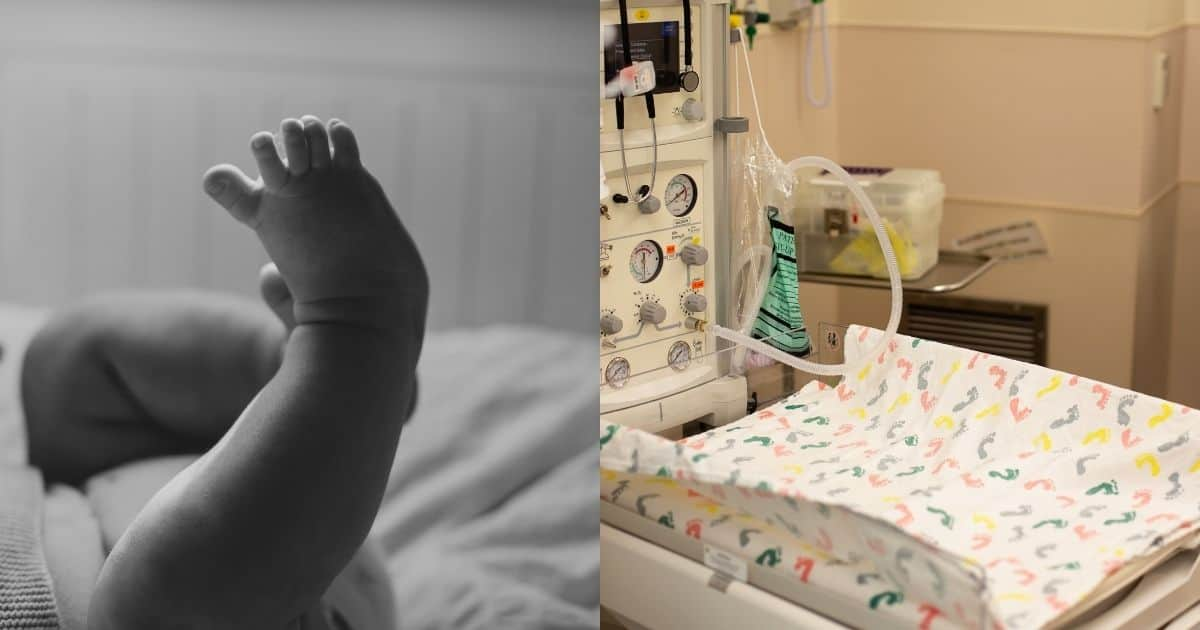Mom, 20, Gives Birth to Daughter With Rare Condition Known as Progeria
- A 20-year-old mother from Libode has given birth to a baby girl with an extremely rare condition known as Hutchinson-Gilford progeria syndrome
- Hutchinson-Gilford progeria syndrome impacts roughly one in 20 million children born and people with the condition face accelerated ageing
- Initial signs of the condition were picked up by local midwives who noticed that the little girl was born with not only deformations in her hands but also wrinkles on her skin.
PAY ATTENTION: Click “See First” under the “Following” tab to see Briefly News on your News Feed!
An Eastern Cape mother, aged 20, residing in Libode has unexpectedly given birth to a child with a rare medical condition known as progeria.

Children born with the rare condition known as progeria suffer from rapid ageing, according to reports by DispatchLIVE.
Noticeable signs were identified by local mid-wives as the child displayed deformations in her hands along with wrinkles on her skin. The little girl is currently in hospital with her mother where she can be monitored.
Social Development spokesperson Mzukisi Solani holds the belief that the mother, family and the community collectively need assistance additionally the Human Settlements Department has approached the family to make sure that the child has an appropriate home to be raised in.
PAY ATTENTION: Never miss breaking news – join Briefly News' Telegram channel!
According to SABC News, Progeria is also referred to as Hutchinson-Gilford Progeria Syndrome (HGPS). Unfortunately, the condition has no cure and impacts roughly one in 20 million people globally.
Baby born with intestines outside of body finally home, family thanks doctors
Previously, Briefly News reported that Ephraim Maleho was born with his intestines and half the liver protruding from his little body in a translucent bubble. The miracle baby survived a rare condition known as exomphalos with the kind help of medical staff at Netcare Blaauwberg Hospital.
Ephraim was special even before birth
Following a painstaking three-month recovery, the baby boy is now thriving at home with his family. Ephraim's parents, Beneline Maleho and Melvory van Wyk, opened up about their son's difficult beginning and shared the joy of having their little boy in good health.
Beneline says she knew her baby was special from the moment he lay in her womb. Her suspicions proved correct as soon doctors picked up something peculiar about her unborn child.
Dr Ricky Dippenaar oversaw the team which performed the miracle baby's surgery. He explains how Ephraim was kept in a controlled environment for almost two months to allow time for his abdominal cavity and skin tissue to develop.
ncG1vNJzZmiaop6yp7jYZ5qoZqqWfHJ8l2lwaWWdpLpufo9mnqKulah6o7XRrZ9mnJGqtKnAxKtksKGknXqzrdGeZJynnpm2tbXOp2Skpp%2Bsu2680aienqqZlnupwMyl